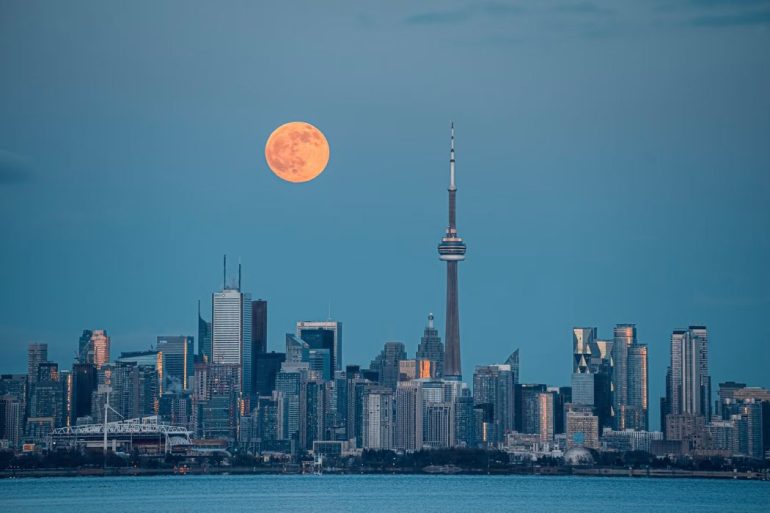Canada retained its fourth-place position in StartupBlink’s global startup ecosystem rankings this year, but the gap between its top city, Toronto, and other Canadian cities is widening.
StartupBlink’s Global Startup Ecosystem Index for 2024, released today, ranks the strength of startup ecosystems for both countries and cities. StartupBlink ranks ecosystems based on an algorithm that assesses three key measures: the quantity of startups and supporting organizations, the quality of startups and support organizations, and the business environment of each ecosystem.
Canada saw an increase in the number of cities ranked in the global top 1,000, rising from 39 last year to 46 this year.
Canada has maintained its fourth-place ranking since 2020. However, the country has fallen further behind the top three nations globally: the United States, United Kingdom, and Israel. In 2023, the gap between Canada and the top three nations was approximately 25 percent, but this year it has widened to more than 30 percent in terms of points.
The country did see some gains over the last year. Canada’s business environment score rose significantly from 14th place in 2023 to fourth in 2024. This is particularly notable amid growing concerns about federal policies that could negatively impact Canada’s business climate going forward. Of particular concern are proposed changes to the inclusion rate on the capital gains tax, which some tech leaders have argued could hinder business growth and investment in the country.
Canada’s startup strength is also widely distributed across various cities, according to StartupBlink. It is one of the few countries, along with the US, China, and India, to have at least three cities ranked in the global top 50. Two of the top three nations—the UK and Israel—do not have as many high-ranking ecosystems.
Canada also saw an increase in the number of its cities ranked in the global top 1,000, rising from 39 last year to 46 this year. Of these cities, Toronto remains far and away the top startup ecosystem in Canada. For the third year in a row, Toronto advanced its position in StartupBlink’s rankings, this year reaching 22nd in the world.
The scores for positions 20 through 23 are quite close, but according to StartupBlink, Mumbai at 20th place and Seoul at 21st place have shown strong momentum. StartupBlink said this indicates that Toronto would need to deliver a very solid performance to break into the global top 20 in 2025.
RELATED: Fading 2023 VC performance underscores Canadian tech market’s “vulnerability,” BDC reports
Toronto’s score is currently almost double that of the second-highest-ranked Canadian ecosystem: Vancouver, which ranks 40th in the world. In a statement, StartupBlink noted the gap in total scores between Toronto and other Canadian cities is widening. However, Vancouver still managed to increase its position by one point this year.
Coming in third place was Montréal, which ranked in 43rd place globally, also up one place from 2023. Several smaller ecosystems saw their rankings drop since 2023, including Calgary, which fell six points and ranks at 107th place; Québec City, which dropped 15 points to 144th place; and Edmonton, which fell four points to 148th place globally. Halifax was bumped from Canada’s top 10 list and was replaced by Victoria.
Despite some Canadian cities falling in the rankings, some smaller ones stood out, including Kingston, Ont., which ranks ninth in Canada and rose by four points in the global rankings this year. Kingston, which is home to the large, research-intensive Queen’s University, is the only city in Canada with a population of less than 500,000 to make the top 10. It also ranked ninth place in the Canadian rankings in 2023.
StartupBlink also assigns a top industry to each city in its rankings, and this year, cleantech dominated. Calgary, Edmonton, Quebec City, and Kingston were highlighted for their cleantech or clean energy industries. Software and data was the dominant industry in Toronto, while blockchain was named the top sector in Vancouver.
Feature image courtesy Unsplash. Photo by Dave Xu.


